China makes surprise rate cut to boost banking liquidity and the economy
From CNN's Laura He
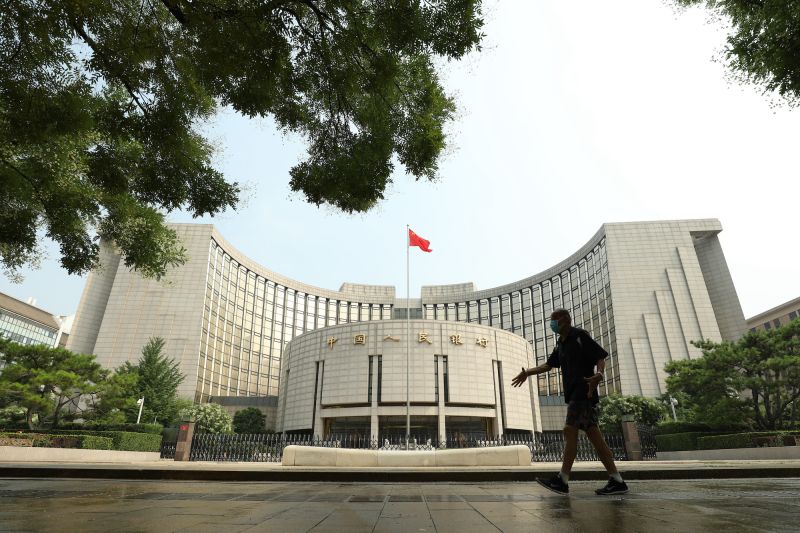
China’s central bank has made a surprise cut to the amount of money that banks must keep in reserve, in an effort to keep money flowing through the financial system and prop up the economy.
The People’s Bank of China (PBOC) said it would cut the reserve requirement ratio (RRR) for almost all banks by 0.25 percentage points, effective March 27.
“[We must] make a good combination of macro policies, better serve the real economy, and maintain reasonable and sufficient liquidity in the banking system,” the PBOC said in a statement.
The late Friday move came as a surprise and follows a week of turmoil in global financial markets triggered by the failure of some regional US banks.
As recently as Wednesday, analysts from Goldman Sachs said they were expecting the PBOC to keep interest rates and the RRR “unchanged” through the first half of 2023.
The banking meltdown put the Fed in a bind
From CNN's Nicole Goodkind
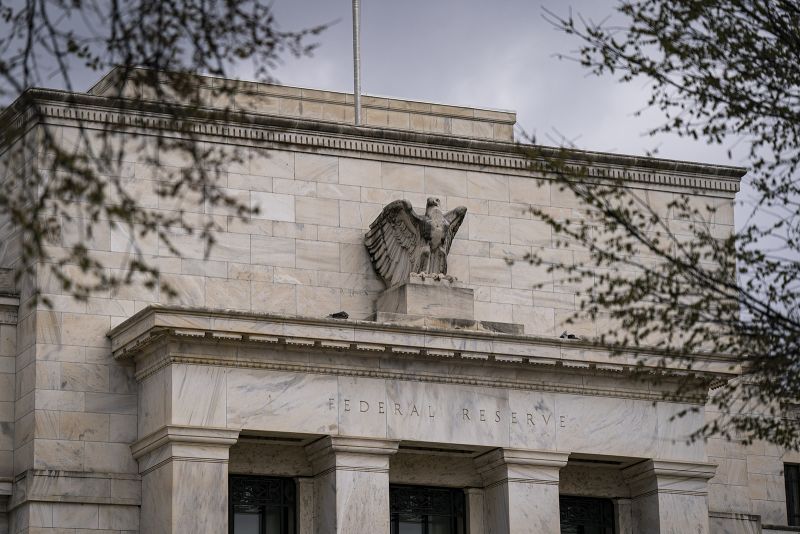
With just a few days to go until the Federal Reserve’s next interest rate decision, US policymakers are sitting between a rock and a hard place.
The recent banking sector meltdown, triggered partially by Silicon Valley Bank crumbling under the weight of higher interest rates, has led some economists and analysts to call for a moratorium on rate hikes until the industry sorts itself out.
At the same time, inflation remains well above the central bank’s goal of 2%, economic data continues to show labor market strength and consumer spending resilience, and Fed officials have signaled their intent to tighten monetary policy aggressively until price hikes ease.
“The elevated inflation backdrop means that [the Fed] is in a very delicate situation compared with the past 40 years,” wrote Gregory Daco, chief economist at EY, in a note Thursday. In prior years, the Fed was able to respond “unswervingly” to financial risks by loosening policy without worrying about price stability, he said. But conditions today are “very different with inflation still too high.”
Global markets rebound after US lenders rescue First Republic Bank
From CNN's Laura He and Anna Cooban
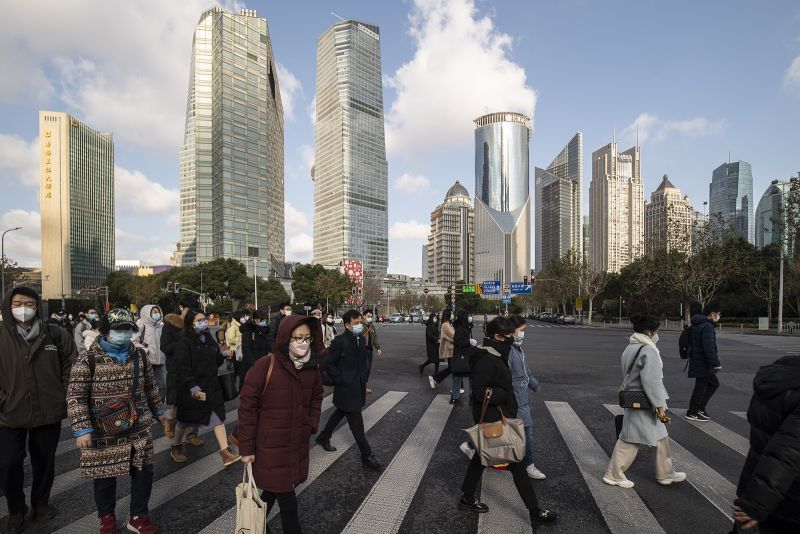
Markets in Europe and Asia rebounded Friday after First Republic Bank was rescued by a group of major US lenders, easing worries about the current banking turmoil.
“Some optimism has returned to markets over the last 24 hours, with bank stocks stabilizing on both sides of the Atlantic,” Deutsche Bank analysts said in a note Friday.
European shares posted gains Thursday as investors were reassured by news that Credit Suisse would tap a lifeline offered by the Swiss National Bank, borrowing up to 50 billion Swiss Francs ($53.7 billion).
The rally in Europe carried over to Friday, although gains were modest. The benchmark Stoxx Europe 600 index rose 0.3% in early trade. Germany’s DAX (DAX) and France’s CAC 40 (CAC40) ticked up 0.4% and 0.07% respectively.
Europe’s Stoxx Europe 600 Banks index, which tracks 42 big EU and UK banks, also opened higher, before trading flat by mid-morning. The index had fallen 13% in the week to Thursday’s close.
London’s bank-heavy FTSE 100 (UKX) inched up 0.6%.
But shares in Credit Suisse (AMJL) fell as much as 5% in early trade, eating into gains made Thursday, in a sign that investor confidence in the bank’s future has not been completely restored.
In Asia, Hong Kong’s Hang Seng (HSI) closed 1.64% higher, China’s Shanghai Composite gained 0.73%, Japan’s Nikkei (N225) increased 1.2%, and South Korea’s Kospi added 0.8% by market close. The rises followed bigger declines on Thursday.
US stock futures mixed
Stocks: US stock futures were mixed Friday after a consortium of 11 banks came to rescue First Republic with $30 billion of cash to stay afloat. But Credit Suisse continued to sink as the need for a government or private rescue appears more certain. Dow futures were down 50 points, or 0.2%. S&P 500 futures fell 0.1%. Nasdaq Composite futures were 0.1% higher. European and Asian markets also bounced higher.
Fear & Greed Index: 28 = Fear
Oil & gas: US oil prices were up 1.5% to $69 a barrel. Average US gas prices fell to $3.46 a gallon.
Large banks swoop in to rescue First Republic
From CNN's Allison Morrow and Matt Egan
First Republic Bank, facing a crisis of confidence from investors and customers, is set to receive a $30 billion lifeline from a group of 11 large banks.
The major banks include JPMorgan Chase, Bank of America, Wells Fargo, Citigroup and Truist.
The infusion will give the struggling San Francisco lender much-needed cash to meet customer withdrawals and buttress confidence in the US banking system during a tumultuous moment for lenders.
First Republic's stock, which was halted several times for volatility on Thursday, ended the session up 10%.
Janet Yellen met with JPMorgan CEO Jamie Dimon in quiet effort to organize First Republic lifeline
From CNN's Phil Mattingly
Treasury Secretary Janet Yellen on Thursday met privately in Washington with JPMorgan CEO Jamie Dimon before 11 banks agreed to deposit $30 billion in First Republic Bank to stabilize the teetering lender, according to two people familiar with the matter.
The meeting served as a culmination of what had been a series of conversations over the last two days between Yellen and other US officials and leaders from some of the country’s largest banks as they sought a private sector lifeline for the battered California bank.
Yellen had driven the effort from the government side, while Dimon led the effort to organize the bank executives that would eventually get behind the dramatic infusion of deposits.
Yellen first conceived of the idea of the largest US banks coming together to direct deposits toward First Republic, according to a separate source familiar with the matter. The move was seen as critical to stabilizing the bank’s deposit base – but also a critical signal to financial markets about both the bank and the US financial system.
Banks borrowed heavily from the Fed's new lending program in a last-resort search for cash
From CNN's David Goldman
The Federal Reserve loaned out $12 billion to banks this week from its new emergency lending facility, the Bank Term Lending Program, the Fed reported Thursday.
The new program was designed to prevent banks from failing like Silicon Valley Bank last week and Signature Bank on Sunday. As part of the facility, the Fed will loan banks money for up to a year in exchange for Treasury bonds or other high-quality assets that have crumbled in value during the Fed's historic rate-hiking campaign.
The Fed will lend the banks the original value of their Treasury bonds, preventing them from selling assets at a loss (like SVB did) — a last-resort tactic to raise cash to pay customers' withdrawals. That ignited SVB's bank run last week.
America's banks are sitting on more than $600 billion of unrealized losses from Treasury debt, according to the FDIC. So the Fed's facility essentially negates that debt.
Although $12 billion is a lot, it pales in comparison to the nearly $152.8 billion banks borrowed from the Fed's "discount window," its more traditional lending facility, over the past week. Discount window loans absolutely ballooned from just over $4.5 billion in the prior week.
The Fed has steadily shrunk its balance sheet over the past year to fight inflation, but it added $300 billion to it over the past week. That demonstrates the seriousness of some banks' cash concerns and the resolve of the Fed to alleviate them.
.png)
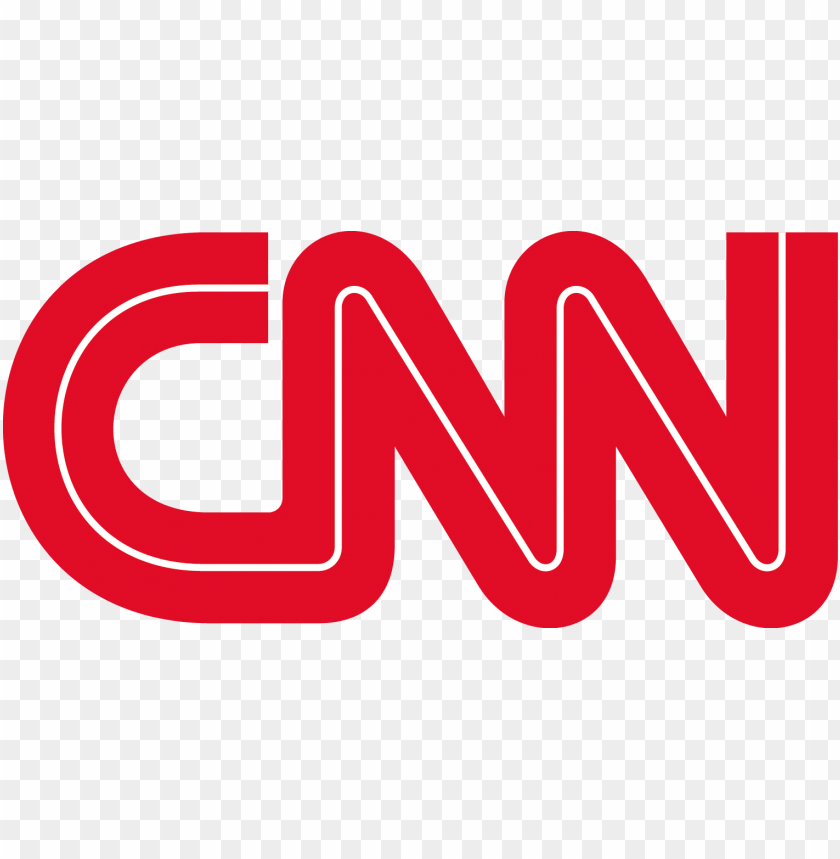 1 year ago
8
1 year ago
8
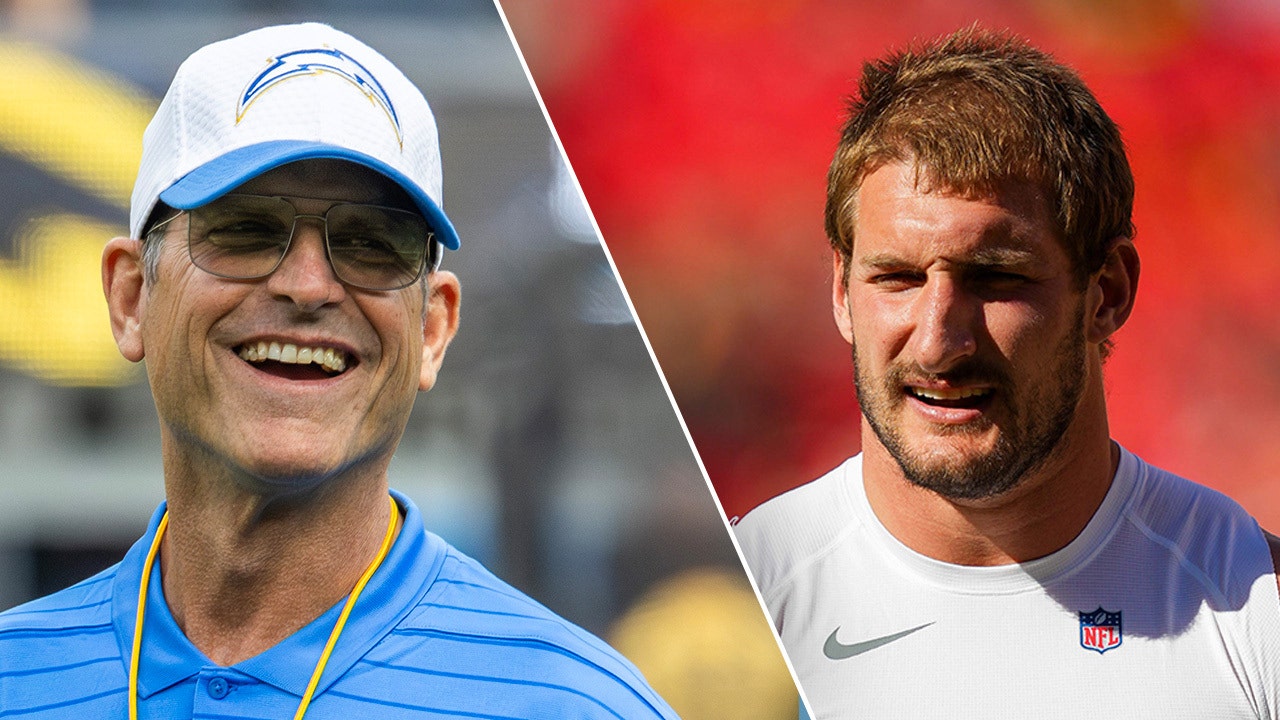
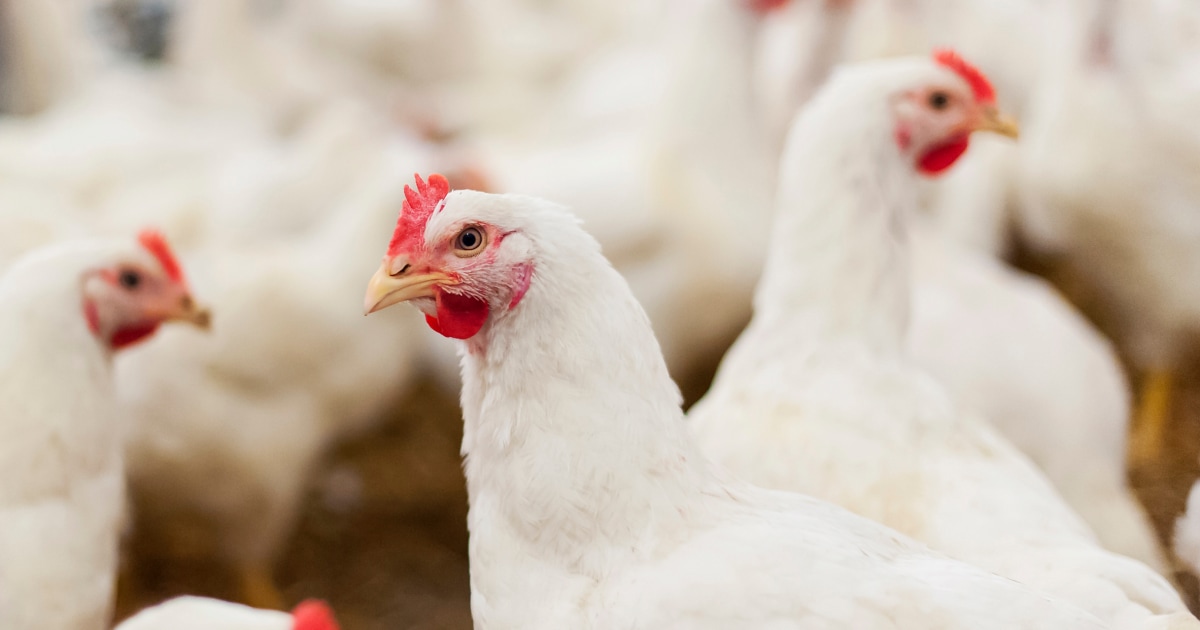
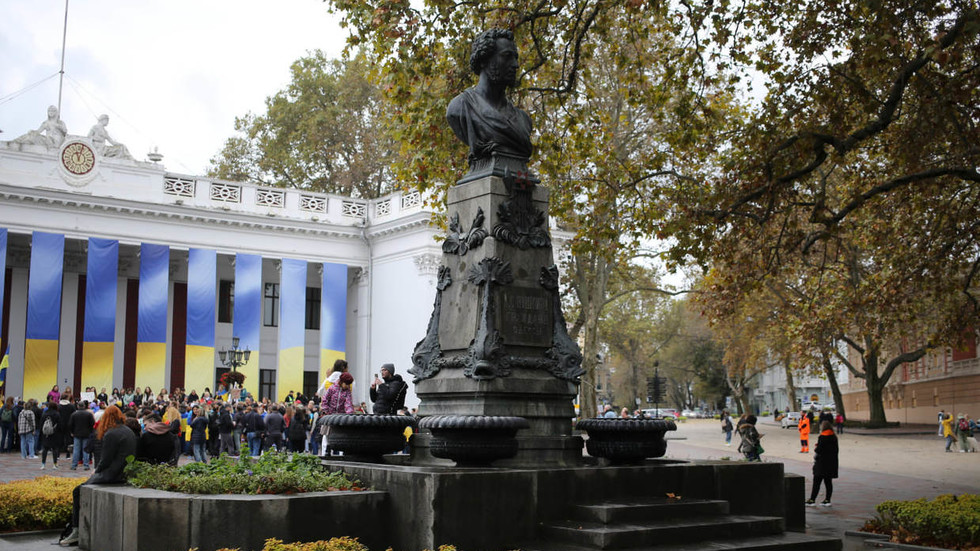






 English (US) ·
English (US) ·